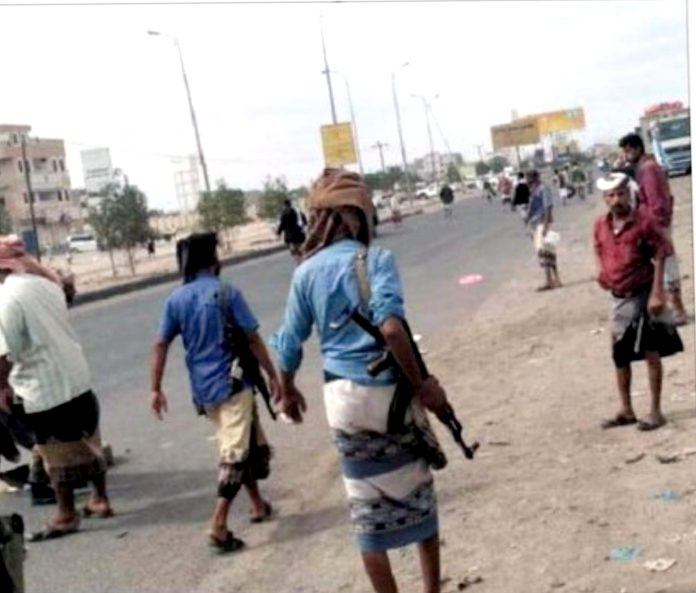The occupation-backed government, headquartered at the Al-Ma’ashiq Palace in the city of Aden, has imposed a third fuel price hike on gasoline since the beginning of June.
A local source in Aden reported that the government has decided to sell a 20-liter jerrycan of gasoline for 37,900 Yemeni riyals — an increase of 2,000 riyals — coinciding with an ongoing domestic gas shortage in the city.
This marks the third price increase in June alone, with the price of a gasoline jerrycan rising from 33,900 to 35,900, and now to 37,900 riyals.
The pro-occupation government frequently enforces such price hikes on petroleum products amid each new wave of currency devaluation against foreign currencies, in an effort to cover revenue deficits.
The gasoline price hike comes amid ongoing public protests demanding improved living conditions and essential services, including unpaid salaries, persistent electricity outages, and surging prices of basic food items. The recent increase is expected to have catastrophic ripple effects across multiple sectors.
Deadly Clashes in Shabwa as Tribal Violence Escalates
In a separate development, one young man was killed and another injured during armed clashes in the Hatib district, southwest of Shabwa province, which has been under the control of UAE-backed militias since 2016.
Tribal sources reported that the clashes erupted yesterday between armed tribesmen from the Al-Shams tribe in the Umhadan area of Hatib. The fighting resulted in one fatality and one injury.
Shabwa continues to witness unprecedented levels of insecurity, with near-daily killings driven by tribal vendettas, fueled by financial and military support from UAE-aligned militia leaders.
Aden Governor Condemns Neglect at Aden International Airport Amid Militia Power Struggles
Meanwhile, Aden Governor Tariq Mustafa Salam condemned the ongoing neglect and mismanagement at Aden International Airport, highlighting the damaging impact of persistent power struggles between Saudi and Emirati-backed militias vying for control over public services in the city.
Governor Salam cited a recent incident in which a passenger stair vehicle collided with the wing of Yemen’s only functioning aircraft, forcing it out of service and delaying its scheduled departure. He described the event as a clear reflection of the chaos and lack of oversight plaguing institutions under what he termed “the law of the jungle,” turning occupied provinces into zones of alarming disorder.
Salam also criticized the exploitative and nepotistic practices of the occupying militias in managing public services, saying these have created a shameful reality and burdened Yemeni citizens already suffering from dire economic and living conditions — particularly in occupied provinces like Aden, where currency collapse, electricity outages, and deadly fuel price hikes have made basic services scarce and hard to access.
He warned of the dangerous consequences of the continued lawlessness in Aden, noting that the deteriorating conditions distort the image of the city — one known for its rich history and deep-rooted civilization. Salam stressed the need to keep state institutions and public facilities free from the ongoing factional conflicts between occupation militias, which continue to deepen divisions and pose growing threats to all aspects of life.

















